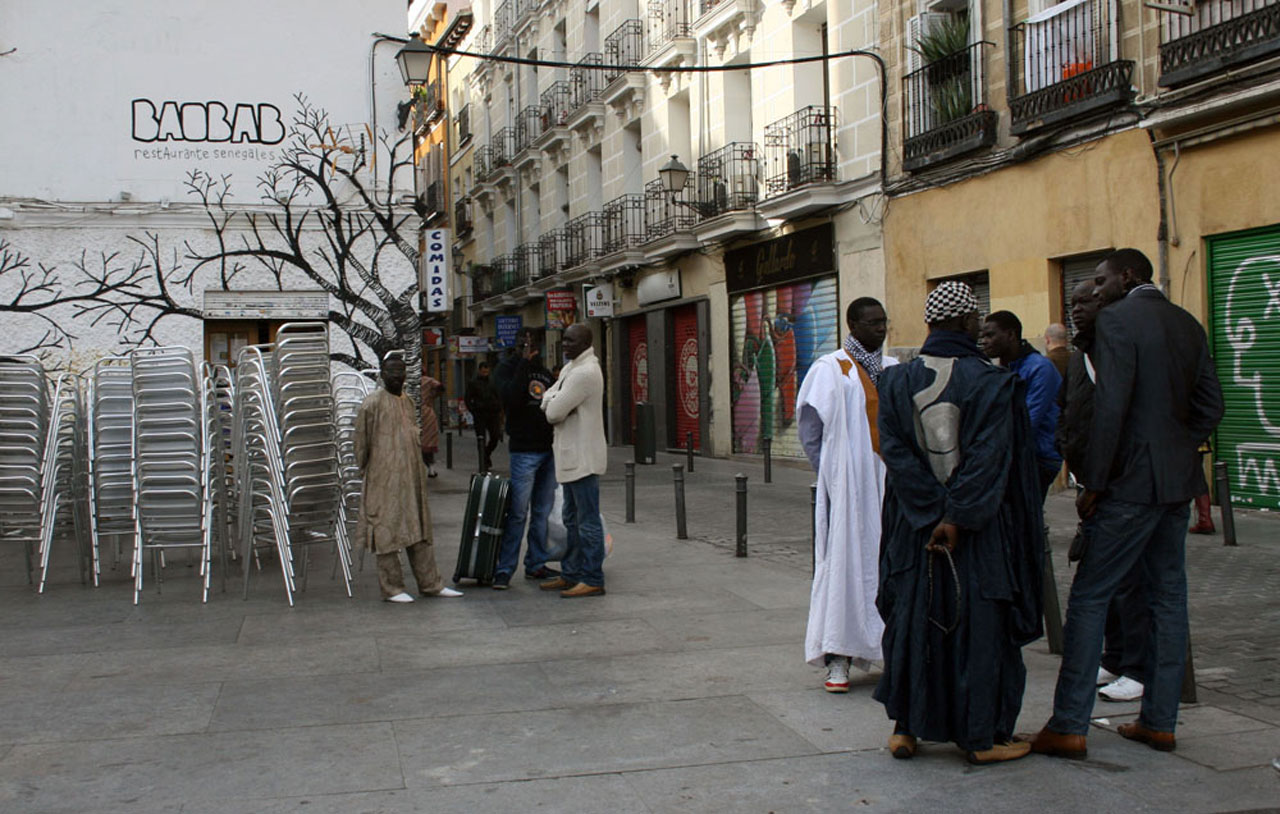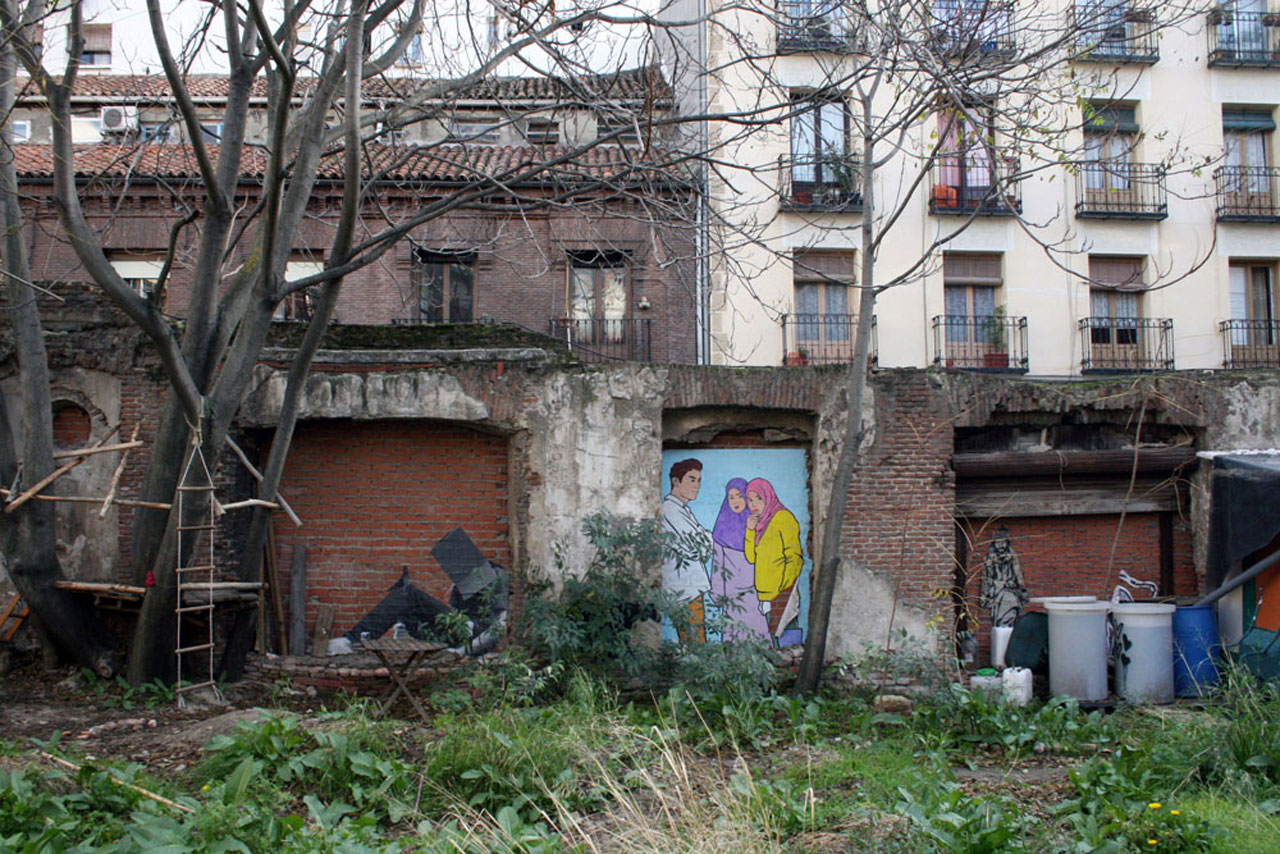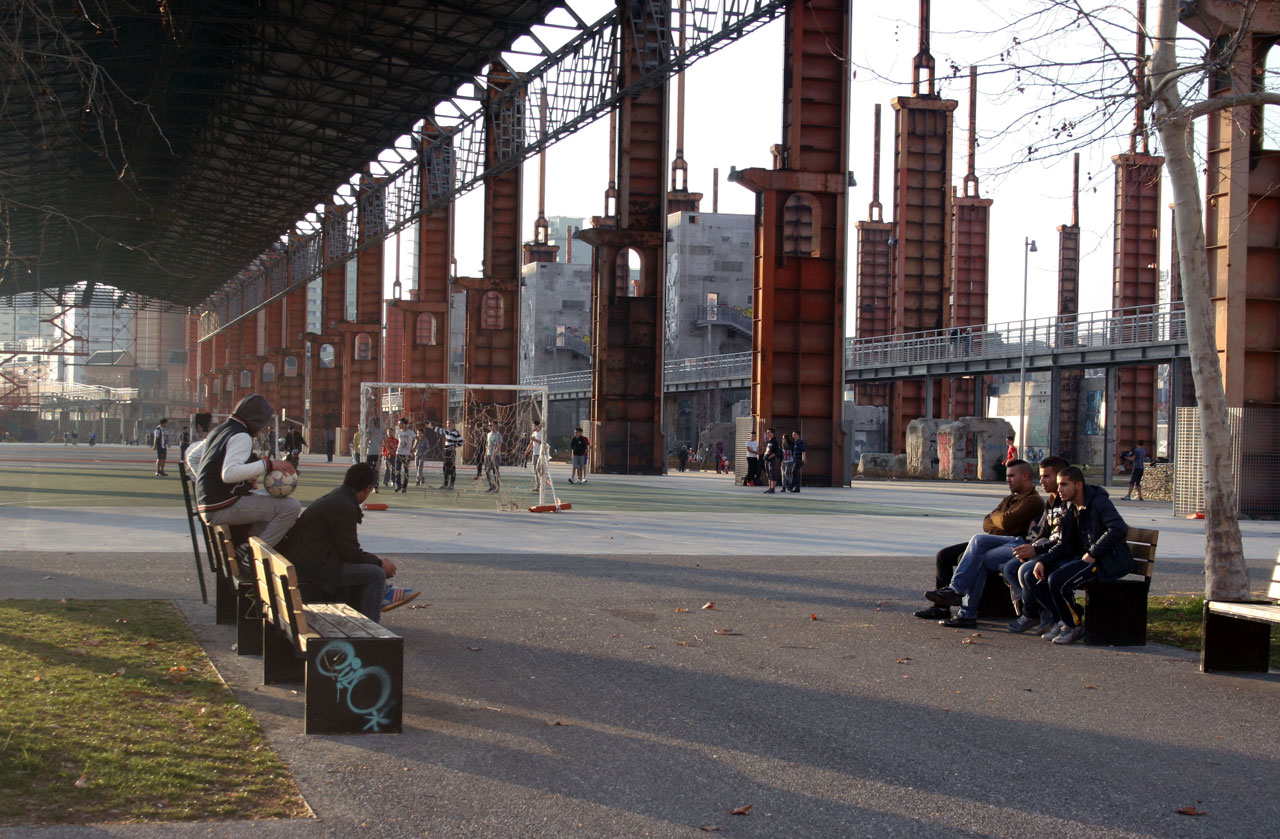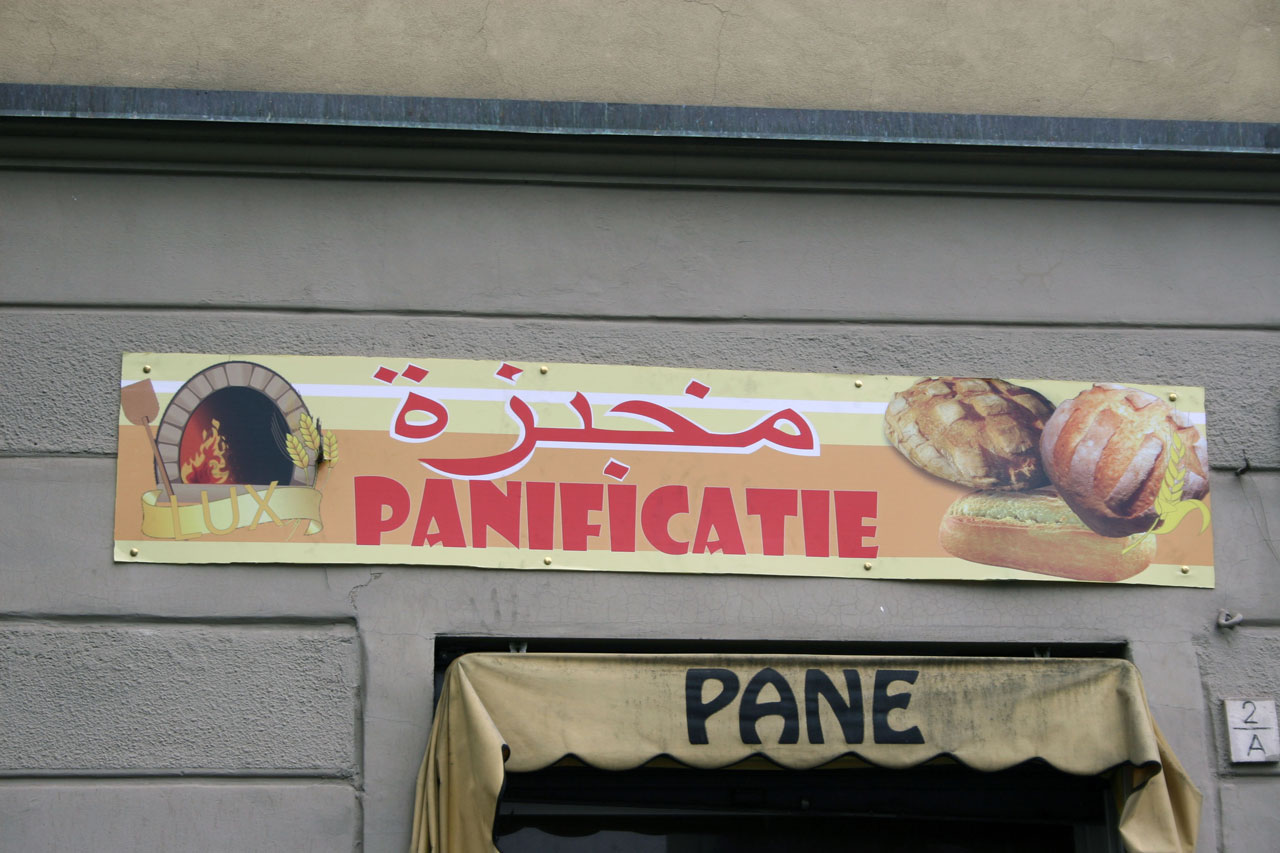This research programme is an IMISCOE Research Cluster coordinated by FIERI, IGOT of the Lisbon University and Universidad Complutense. This research initiative intends to investigate if and how the current economic crisis might turn into an ‘integration crisis’. As a matter of fact, given the structural dimension of the crisis, existing evidence suggest that its impact on immigration and integration dynamics is also structural. Several indicators suggest that the impact of the economic crisis on immigrant integration is particularly severe in southern European countries, probably due both to general macro-economic reasons (globally heavier social repercussions of the crisis in southern EU countries) and to specific features of Mediterranean immigration models (lower skill and education levels of immigrants; weaker political representation etc.). This assumed intra-European cleavage in the integration impact of the crisis calls for a sub-regional comparative focus. Southern Europe is however understood and analysed as a crucial laboratory of continental relevance due to the already tangible repercussions of South European de-integration trends on EU-wide political dynamics and on pan-European migration and mobility patterns.
Given the structural nature of the transformations induced by the crisis in southern European societies and polities (e.g. signs of changes in demographic behaviours; dramatic acceleration in welfare state restructuring), a critical appraisal of ‘integration crisis’ cannot be limited to a comparative empirical assessment but must instead address also the theoretical level. A long-term goal, pursued also by this project, is thus to further develop integration theories in order to fully incorporate the reversible and volatile nature of integration processes.
Parte del lavoro svolto in questo programma di ricerca è contenuto in una serie di working paper presentati a conferenze internazionali.
Part of the results of this research programme is included in a series of working papers presented at international conferences.
Integrating to the bottom?
Insights into the changing nature of the (Italian) integration model
I. Ponzo, E. Salis
IT Nella letteratura come nel discorso pubblico, l’integrazione è generalmente associata a processi di mobilità socio-economica ascendente degli immigrati, che migliorano la proprie condizioni di vita fino a raggiungere quelle degli autoctoni. In un contesto di profonda crisi economica come quello sudeuropeo, in cui la mobilità verso il basso rischia di essere più frequente di quella verso l’alto, possiamo ancora usare il concetto di integrazione? Prendendo spunto dal caso italiano e analizzando i dati disponibili su casa e lavoro, il paper prova a ragionare sul concetto di integrazione, con l’obiettivo di identificare definizioni e percorsi che consentano di studiare e comprendere questo fenomeno anche in un contesto di crisi e mobilità discendente.
EN In the literature as well as in the public debate, integration is usually meant as unpward socio-economic mobility of migrants who improve their living conditions till catching up the natives. In a context of prolonged economic crisis as it is in southern Europe, where downward mobility may be more frequent than upward mobility, can we still use the concept of integration? Starting from the Italian case study and looking at avalable empirical data on housing and labour, this paper elaborates the concept of integration in order to identify definitions and paths which enable us to deal with this phenomenon even in a context of crisis and downward mobility.
Download
Is the economic crisis seriously impairing integration?
The case of Spain
C. Finotelli (Universidad Complutense de Madrid)








